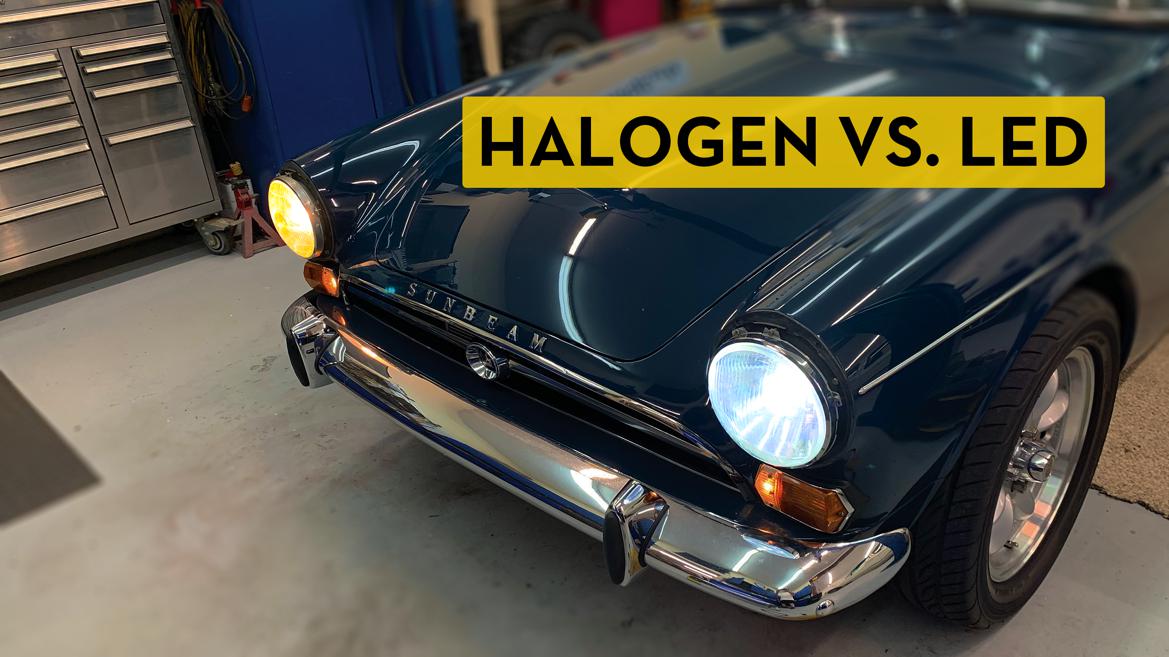As you can see from the incredible range of opinions here, the engineering profession cannot be summed up in one post, or even one thread. We can't tell you whether you'll like it or not because, like all jobs, it all depends on the job you get, the boss you get, the coworkers you get, etc. And despite having very much the same interests and personalities, one of my friends loves designing transmissions while another hated it and is now an engineer working on seats and absolutely loves it, so it also just comes down to the individual person.
You said you don't like doing paperwork, can you do it if you have to or is spending an hour a day documenting things going to be a problem (that's at a minimum, chances are you'll spend a lot more time doing it)? Documenting what you've done is a very big part of any engineers job, whether you're doing design, testing, prototyping, field services, etc. Documenting can include creating drawings, designing tests, documenting test results, creating failure reports, etc. This brings up another though: will you even be able to sit through classes? Classes will be 2 hours at least, and many will be 3. If you get two or three classes in a day and then have to go home and do homework or read a chapter for another class, will you be able to do that? That's something you should realistically think about. Maybe you can sit in on some classes at a nearby university to see what you think, or talk to some professors.
If you want to stay in California, there are a lot of automakers and suppliers with engineering centers there. Toyota is based just outside of LA, just down the road from Honeywell/Garrett Turbochargers' headquarters, I've got a friend working at Fisker, Tesla is in LA I think. There are a lot of racing and aftermarket companies there too. You might want to try contacting HR reps from the different companies you might be interested in working for and seeing if you can talk to some of their engineers, or maybe shadow them for a day or two.
I'd say it wouldn't hurt you to get an engineering degree, but do you really want to do it or are you 'settling' on engineering because you have decided you need to be a professional? It would suck to get a year or two in and figure out that while you really have a passion for cars, you don't give a crap about calculating the pressure drop through an orifice, or calculating how long it takes a 1cm aluminum sphere to drop from 50 degrees C to 20C when suspended in a tank of 5C water.
If your dream job is to work at a company designing electric racing bikes and you have a friend who just happens to work at a company that does that, why not talk to him and see if he can get you in there? Maybe you can work there and get an associates or bachelors degree part time.
I guess what I'm saying is, get as much info as you can before committing so that you can be sure it is what you really want to do, and not another culinary school. Asking here was a great idea, but get opinions from other sources too.
Bob







































